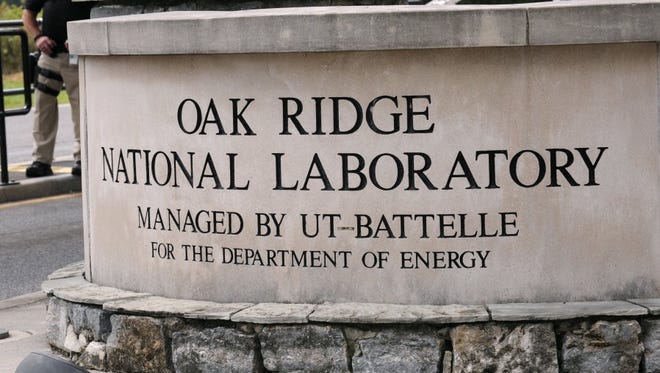
A Franklin renewable energy company is set to check new high-temperature ceramic filter technology with the University of Tennessee.
The grant-funded study will allow Enexor BioEnergy to get facts about ceramic fibers, a product used in units for electrical, thermal and audio insulation.
The driver to use ceramic fibers is its strength and cost saving traits — it dissipates fewer heat when currently being able to face up to substantial temperatures.
Enexor’s product or service, Bio-CHP, thermally oxidizes organic and natural waste by using superior strain and temperatures to covert the waste into renewable energy.
The notion is by converting the waste at its creation site, instead than owning to transportation it to a landfill and it sit there, the enterprise can curb and offset damaging emissions.
Every device, enclosed in a 20-foot delivery container, can annually reduce up to 2,200 metric tons of carbon dioxide emissions. That’s equivalent to getting almost 480 passenger autos off the road for a calendar year.
“We are psyched to associate with UT and Dr. Penumadu to test and even more boost on our ground breaking ceramic filter technologies,” said Lee Jestings, Enexor’s Founder and CEO.
UT Civil and Environmental Engineering Professor Dayakar Penumadu stated that the toughness screening and fuel movement analysis will support speed up the technology’s growth.
“[The research] will drastically enhance the likelihood of accomplishment and expedite commercialization of these filters,” said Penumadu in a push statement. “Both in Enexor’s renewable vitality method and for other business programs.”
The ceramic fiber technology will be analyzed through RevV, a software created between the state of Tennessee, Oak Ridge National Laboratory, and UT Knoxville.
Achieve Arcelia Martin at [email protected]. Follow her on Twitter @arcelitamartin.




More Stories
How News Technology is Shaping Public Opinion
Exploring Ethics in News Technology Practices
News Technology: Enhancing Audience Engagement